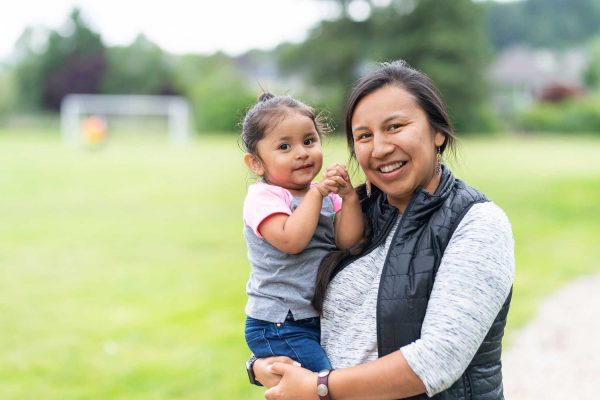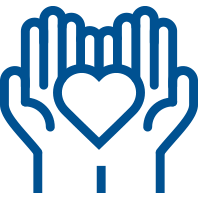Gender Disparities in Financial Stability
In York County, 74% of female-led households with children don’t make enough to make ends meet monthly. Due to societal and structural factors, women and girls disproportionately make up who is living in poverty in our country, nation, and all over the world.
Additionally, there are women who may fall above the federal poverty line, but still do not earn enough to meet their family’s monthly expenses. This is who we describe as ALICE- Asset Limited, Income Constrained, and Employed.
During Women’s History Month, we want to shed light on the many obstacles women face on their path to financial stability.
Contributing Factors
The Wage Gap:
Among all South Carolina workers, women earned 74 cents for every dollar paid to men in 2021, a higher gender wage gap compared to neighboring states and the nation as a whole (75 cents in North Carolina, 76 cents in Georgia, and 77 cents nationally).
These disparities are often magnified when intersectionality occurs. Intersectionality is a term coined by civil rights advocate Kimberle Crenshaw that describes when someone has more than one identity that may face forms of prejudice and discrimination, such as being both a woman and a person of color. For example, in South Carolina, when factoring in gender, Latinas were paid 47 cents for every dollar paid to White, non-Hispanic men in 2021; and Black women were paid 55 cents.
Moreover, single mothers, women, and people of color are all populations who are disproportionately over-represented in groups that earn inadequate wages. This pay gap persists even though women today are more likely than men to have graduated from college. In fact, the pay gap between college-educated women and men is not any narrower than the one between women and men who do not have a college degree. This indicates that hiring/employment discrimination is largely responsible for the gender pay gap, not educational attainment.
Work Opportunities:
Women may also be pushed into lower-earning occupations through discrimination, which excludes them from higher-paying occupations, or socialization, which makes them more likely to seek these jobs. For example, women are often encouraged to seek “helping professions” such as nursing, teaching, and social work, all of which are lower-paying jobs.
Across the board, women are also more likely to work part-time than men (21% vs. 11%, respectively). This is largely attributed to mothers being caretakers for their children when daycare or after-school care is unaffordable or otherwise unavailable.
Additionally, when children become sick and cannot attend school or day care, mothers—particularly single mothers—often must miss work, which can cause greater job instability.
What We’re Doing to Help
UWYC’s Financial Stability Network aims to remove barriers to help low-to-moderate-income families more easily access and navigate services to reach financial stability. The program provides centralized case management, economic and family support, as well as community referrals for participants to empower them to reach their financial goals. Of the current participants engaged in case management with UWYC staff, 57% are single mother heads of household.
United Way of York County, in partnership with York County First Steps and York Technical College, also works to provide discounted childcare for individuals working toward a degree or certificate. By removing the barrier of childcare, individuals are able to expand their workforce development opportunities and earning potential.
UWYC will continue working with this population, as well as other organizations, to address barriers and empower women to reach financial stability.
Visit our Impact Stories page to read the success stories of women on their path to financial stability!


























